In the world of marketing, utilizing the right tools can significantly streamline processes and enhance efficiency. Five essential marketing tools that can make a marketer’s life easier include social media management platforms, email marketing software, analytics tools, content management systems (CMS), and project management tools. These tools help in managing various aspects of marketing campaigns, analyzing performance, creating and distributing content, and coordinating team efforts effectively. By leveraging these tools, marketers can optimize their strategies, engage with their audience more efficiently, and achieve better results.
In addition to the previously mentioned essential marketing tools such as social media management platforms, email marketing software, analytics tools, content management systems, and project management tools, Search Engine Optimization (SEO) tools play a crucial role in modern marketing strategies. These tools, including SEMrush, Moz, and Ahrefs, empower marketers to optimize their website’s visibility on search engines, improve organic traffic, and drive conversions. By leveraging SEO tools alongside other essential marketing tools, marketers can enhance their online presence, engage with their target audience effectively, and achieve their business objectives more efficiently.
1. Planning
Planning is a fundamental aspect of any successful marketing strategy. It involves setting clear objectives, identifying target audiences, defining key messages, and outlining tactics to achieve specific goals. Effective planning lays the groundwork for all marketing activities and ensures that resources are allocated wisely to maximize impact. Here are key steps involved in the planning process:
Setting Objectives: Start by defining overarching goals that align with the organization’s broader objectives. Whether it’s increasing brand awareness, driving website traffic, generating leads, or boosting sales, clearly articulated objectives provide a roadmap for the entire marketing plan.
Understanding the Target Audience: Conduct thorough research to understand the demographics, preferences, behaviors, and pain points of your target audience. This information informs the development of tailored marketing messages and helps identify the most effective channels to reach potential customers.
Market Analysis: Assess the competitive landscape and industry trends to identify opportunities and potential challenges. Analyze competitors’ strategies, strengths, and weaknesses to inform your own marketing approach and differentiate your brand in the marketplace.
Defining Key Messages: Craft compelling messaging that resonates with your target audience and communicates the unique value proposition of your products or services. Consistent messaging across all marketing channels helps reinforce brand identity and build brand recognition.
Selecting Marketing Channels: Choose the most appropriate marketing channels to reach your target audience effectively. Consider a mix of online and offline channels, such as social media, email marketing, content marketing, search engine optimization (SEO), paid advertising, events, and traditional media, based on audience preferences and budget constraints.
Budgeting and Resource Allocation: Allocate resources strategically to execute your marketing plan effectively. Determine budget allocations for different marketing activities and prioritize initiatives based on their potential impact on achieving your objectives.
Creating a Timeline: Develop a timeline or marketing calendar that outlines key milestones, deadlines, and deliverables for each phase of the marketing plan. This helps ensure that tasks are completed in a timely manner and allows for adjustments as needed to stay on track.
2. Social media advertising
Social media advertising has become a pivotal component of modern marketing strategies, offering unparalleled opportunities for businesses to connect with their target audiences, drive engagement, and achieve their marketing objectives. Here’s a comprehensive guide on how to create a successful social media advertising campaign:
Begin by defining your goals and objectives. Whether you aim to increase brand awareness, drive website traffic, generate leads, or boost sales, having clear and measurable goals will provide direction for your campaign strategy.
Next, conduct thorough research to understand your target audience. Utilize social media analytics, customer surveys, and market research to gather insights into their demographics, interests, behaviors, and pain points. Developing detailed buyer personas will help ensure that your ads resonate with the right audience segments.
Choose the social media platforms that align best with your target audience and campaign objectives. Consider factors such as platform demographics, user engagement, and ad format suitability. Popular platforms for advertising include Facebook, Instagram, Twitter, LinkedIn, Pinterest, and Snapchat.
Set a realistic budget for your social media advertising campaign based on your marketing objectives, audience size, and desired reach. Allocate resources for ad spend, creative production, and campaign management to ensure effective execution.
Select the most appropriate ad format for your campaign objectives and audience preferences. Options may include image ads, video ads, carousel ads, slideshow ads, story ads, and sponsored content. Develop visually compelling and engaging ad creative that effectively communicates your message.


One Reply to “Marketing Tools: 5 Essential Ones to Make Your Life Easier”
Biggest Mistakes Businesses Make in Digital Marketing - Third Eye Social
April 26, 2024
[…] diving into the digital world, businesses often overlook the importance of a well-crafted strategy. Third Eye Social emphasizes the need for a […]